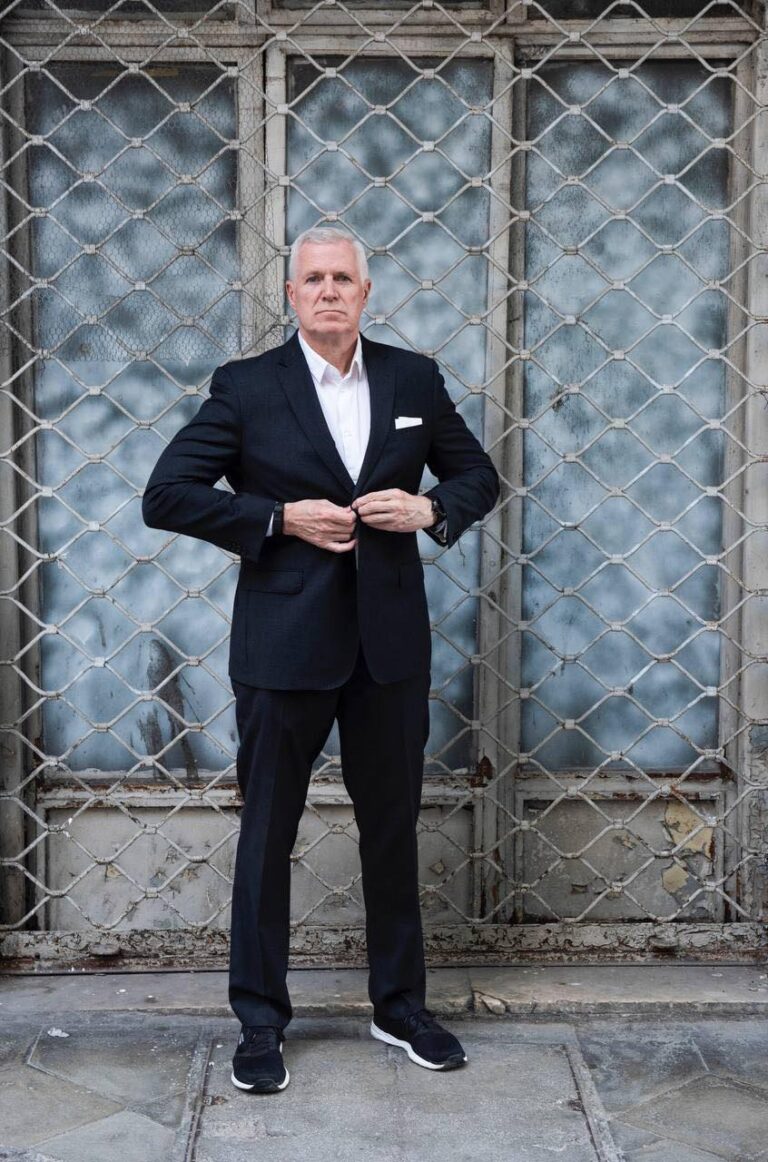US Supreme Court Conflicted About Liability of Social Media Firms for Content
The US Supreme Court is currently pondering how liable social media firms are for damaging content posted via their networks. What impact does this have on the Juicy Fields case?
On Tuesday, the US Supreme Court appeared less than sympathetic to an avidly watched case in the social media world. Namely whether Google should assume liability for content posted via its networks. In the case, the family of a 23 year old man who was shot by Islamic gunmen in Paris is arguing that Google and Youtube are responsible for aiding and abetting terrorists by recommending its videos to users.
Google, unsurprisingly, argued that it is not liable, citing Section 230 of the Communications Decency Act passed in 1996, shielding internet companies from liability for content posted by third parties.
While the statute has been cited repeatedly for allowing the growth of social media, the reality is that the “internet” is not what it was in the 1990’s – anywhere. This was recognized by the justices, but they also expressed concern that a ruling against Google might open the door to a deluge of lawsuits against social media companies.
This is the first time that the Supreme Court has been asked to examine Section 230, but it was only the first of two. On Wednesday, the Court also heard a similar case against Twitter, namely whether the platform enabled terrorism by allowing the Islamic State (Isis) to use its platform.
The cases will be decided by June.
Pros and Cons
There has been increasing pressure on social media firms, generally, to better regulate the content they allow, and further the use of algorithms to steer content towards users based on their profile and what they watch.
During the Brexit debacle in the UK and the Trump presidential campaign in the United States, the dominance of social media, and the manipulation behind the scenes by savvy operators was a big discussion that was never really solved or addressed.
Since then, in Europe in particular, social media firms have also come under increasing scrutiny for potential violation of strict EU privacy law – known as GDPR – and transferring users’ data to the US.
The fact of the matter is that the internet generally, and social media more specifically, is far from the digital world that existed in the mid nineties. This entire section of media, now infiltrated into the daily lives of the globe and billions of users, remains largely unregulated and beyond the reach of federal agencies (such as the FCC) in the United States.
In Europe, however, no matter what the Supreme Court decides, the fate of most social media still hangs in the balance – and on balance tech firms are on a rapidly shorter and shorter runway.
Impact on the Juicy Fields Case
Lars Olofsson, the Swedish lawyer now suing Mark Zuckerberg and Meta in Sweden, home of the largest Facebook servers outside of the US, is making the same kind of argument in Europe as the Supreme Court is considering in the United States.
The landscape here is very different – to the point that Meta is already considering how, if at all possible, to continue to operate in a landscape where GDPR is an accepted part of the legal landscape here in a way that is fundamentally absent in the US.
In fact, in Lulea, where Olofsson first filed his case, the complaint has now been escalated beyond the regional court to the national level. And in Europe, where such litigation is far less common, the common good of European citizens is far more compelling than US law.
In essence, what is going on is a two track challenge to decades old unchallenged statutes in desperate need of revision. And no matter what happens in the US, court decisions on this side of the pond are likely to create a dual legal challenge, that, if successful, will certainly reverberate in the land of the First Amendment, no matter what happens with the cases currently at the Supreme Court.
The reality is that social media is not “neutral,” and furthermore capable of creating highly dissonate, damaging echo chambers of false realities if not “news.” And this is a dilemma very much of the 21st century.
How all of these decisions impact the cannabis industry more generally is also certain to be front and center as Twitter and Google proceed with cannabis advertisements.
In the meantime, the legal landscape for “social media” is clearly and dramatically changing.
The world is not what it was in 1996. And that includes both social media and the cannabis industry more generally.
/*! elementor – v3.7.2 – 21-08-2022 */
.elementor-widget-image{text-align:center}.elementor-widget-image a{display:inline-block}.elementor-widget-image a img[src$=”.svg”]{width:48px}.elementor-widget-image img{vertical-align:middle;display:inline-block} 